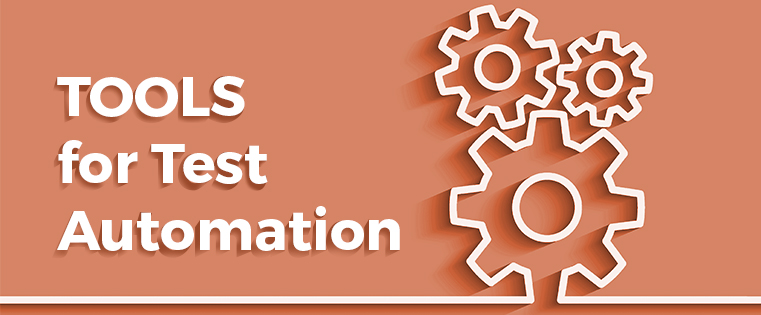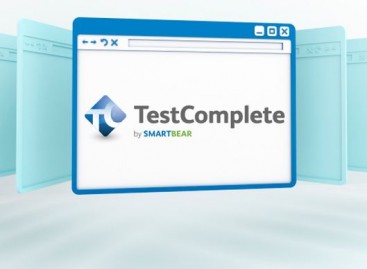- QATestLab Blog >
- Automated Testing >
- What tool to use for test automation in 2017?
What tool to use for test automation in 2017?

According to the Gartner report Magic Quadrant for Software Test Automation, by 2020 Selenium WebDriver will become a standard tool for automated functional tests. But in fact, Selenium is already considered to be a standard tool for web testing automation. So, the vendors have to implement tools like Selenium now and not in 3 years.
Also, Gartner Magic Quadrant for Software Test Automation shows that on the market there are giants of test automation. Among the leaders are Hewlett-Packard Enterprise (HPE), IBM, Tricentis and Worksoft, Oracle TestPlant, SmartBear and others.
Based on the Gartner report, by 2020 50% of companies will use open-source tools for software testing because of growing DevOps segment. The tendency of open-source transformation is clearly seen and automation is constantly growing.
While selecting the tools for test automation, especially for beginners, it’s useful, especially for beginners, to take into account the above stated facts. The IT market is not stable and the directions and tendencies of its development are changing quickly. But one thing remains the same – the automation tools are useless if the efficiency they provide is lower than the expenses on autotests creation and maintainability.
Now we are going to review several of the most popular automation tools in 2017. Besides, QATestLab whitepaper is also dedicate to test automation tools.
Selenium
The top of almost every rank is Selenium. It is an open-source cross-platform framework for testing web applications. Auto scripts can be written in Java, C#, Python, PHP, Ruby, Perl and JavaScript. The framework includes Selenium Grid, Selenium Remote Control and Selenium IDE. Having rather high capacities, Selenium can be used for performance testing of web-based products.
Katalon Studio
Based on Selenium and Appium frameworks, Katalon Studio is an open-source tool for testing mobile and web applications. Moreover, the tool supports API testing on different operating systems. It possesses user-friendly IDE, supports object spy and object repository and browser plugin. Katalon Studio can be integrated with GIT, Jira and Jenkins. The tests are generated automatically by using built-in keywords.
IBM Rational Functional Tester
Rational Functional Tester (RFT) created by IBM is a commercial tool for test automation and regression tests execution. Besides, it can be used for GUI, functional and data-driven testing. The tool supports testing of applications like .Net, Java, SAP, Siebel, Ajax, Dojo and others. It can be easily integrated with other software including IBM test management tool Rational Quality Manager.
TestComplete
TestComplete is a flexible tool for automated testing of web, mobile and desktop applications. To get more about web automation, watch QATestLab webinar. Also, it is suitable for data-driven testing and keyword-driven testing. The tool supports custom plugins and extensions. It possesses the record-and-play-feature. During UI testing, the issues can be detected using logs, capture images and video files.
The choice of test automation tool depends on a number of factors. There is no universal framework or tool that satisfies all the requirements and needs of QA team. Having analyzed the product specifics, client’s requirements and testing goals, you will be able to choose the proper test automation tool among a large pool of available frameworks for testing.
Learn more from QATestLab
Related Posts:
- QA Automation Tools: Low-Code, No-Code, or Coding-Based?
- Tools for Automated Web Testing
- Automate or not Automate – That Is the Question!
About Article Author
view more articles
has 3-year experince in content managing, skills of copyediting and proofreading of web content and documentation
View More Articles





No Comments Yet!
You can be the one to start a conversation.